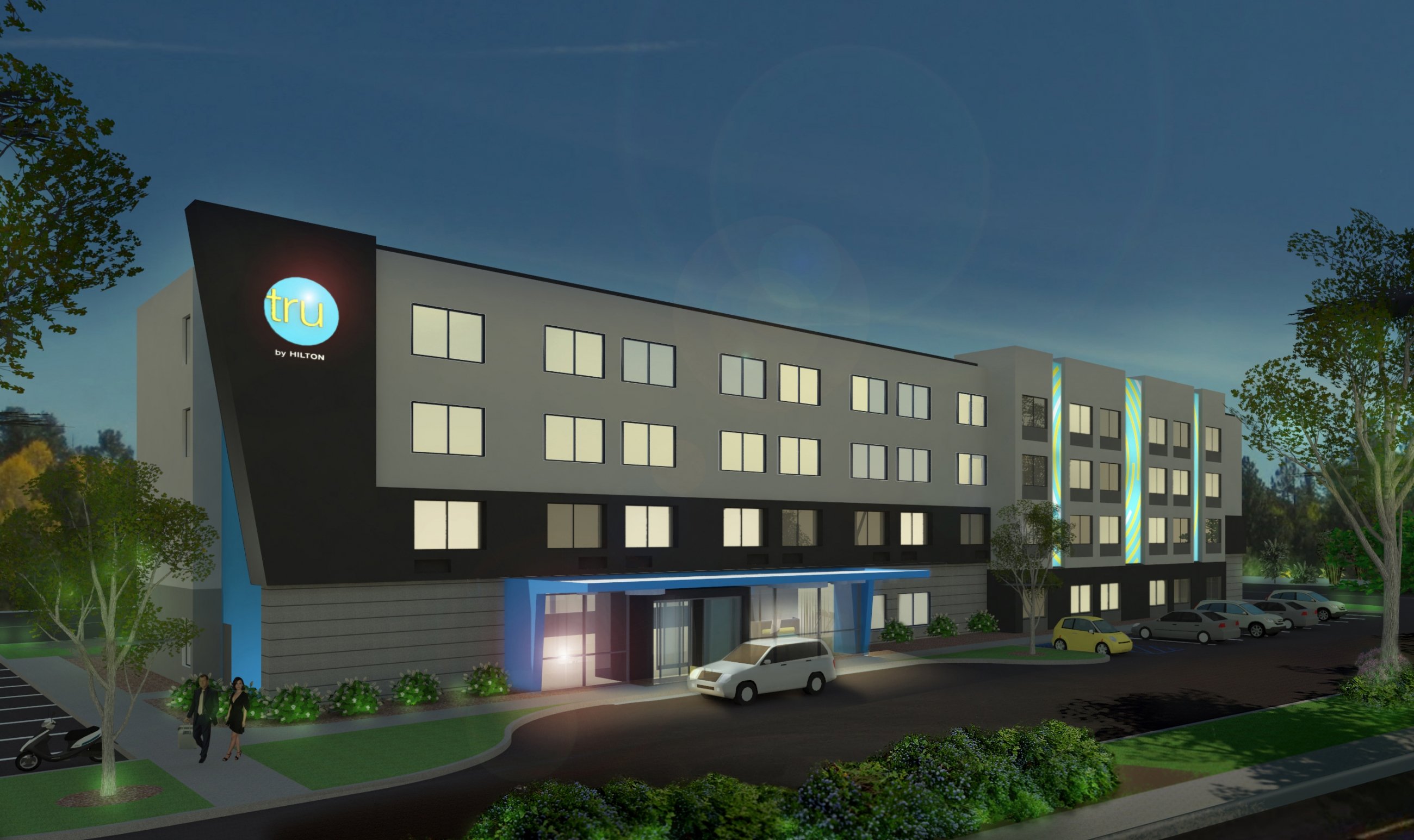Myth # 1: The higher I price my hotel, the more money I will
get for it
Unlike what some hotel owners may believe, the advertised
list price is not independent of revenue and other hotel valuation factors, and
it is NOT the case that if you ask more, you will end up with more. Asking too high of a price relative to gross revenue and net operating incomes will simply mean hotel buyers will ignore the
offering. The negotiation process is not
a set compromise between two values. In today's world of freely available
information to compare investment options, every hotel buyer comes fully
informed. Buyers consider room revenue, net operating income, price per key,
age, condition, market factors, and PIP costs, when they evaluate potential
hotel investments. Depending on factors such as brand, condition, and most
importantly location, any particular buyer will determine what revenue
multiplier and capitalization rate they are willing to pay for any particular
hotel acquisition. For example, a Holiday Inn Express close in to a major
metropolitan area may be able to command a price 4 times the room revenue. The
market is willing to pay more for this product because of its location, age,
and condition relative to a PIP.
Meanwhile, older hotels in smaller markets, and lesser performing
brands, may not get any more than 2 times revenue, sometimes even less.
Myth # 2: I don’t need to lower the price, just bring me offers
Buyers aren’t even interested in looking at hotel that is
listed too far over a reasonable revenue multiple or cap rate. The thinking is
that ‘it is a waste of time to deal with it because
the seller is unrealistic’. When a seller says they will consider a
price that is dramatically lower than the asking price, say $1,000,000 less than
an asking price of $4,000,000, but won’t lower the asking price, they are
greatly reducing the potential level of interest in their hotel.
Myth # 3: I can always reduce the price later
Pricing a hotel too high at the first marketing of the hotel,
wastes the opportunity of initial interest that normally would be there when a
hotel is first placed on the market. The longer a hotel is on the market the
less interest it receives, even when the price is reduced. If the price keeps
falling in small increments, then even when the price aligns with performance
of the hotel, if it's been on the market too long, buyers are fatigued by it.
Buyers also may assume that something must be wrong with the hotel if it has
been on the market for a year or more.
Myth # 4: The ‘right’ buyer will pay my price
While it's true that different potential investors will have
different motivations for acquiring specific assets, in today's world it is
extremely unlikely to see a huge difference in price from different buyers as
long as the hotel is fully marketed by us, or a competent hotel brokerage
firm. The larger price differential we
see today is the price a very experienced and financially strong buyer may
offer on a hotel, versus what a lesser qualified buyer, who is just qualified
enough, may pay. In some sales however,
it serves the seller's interest better to work with the more qualified buyer,
when certainty of the sale closing timely is important. Even though the buyer with more cash down and
greater experience and capabilities may pay less, sometimes reducing the risks
of a transaction falling apart are more important than the price difference
that a less qualified buyer may pay.
More Hotel Seller Myths later ----
- Charlie Fritsch






